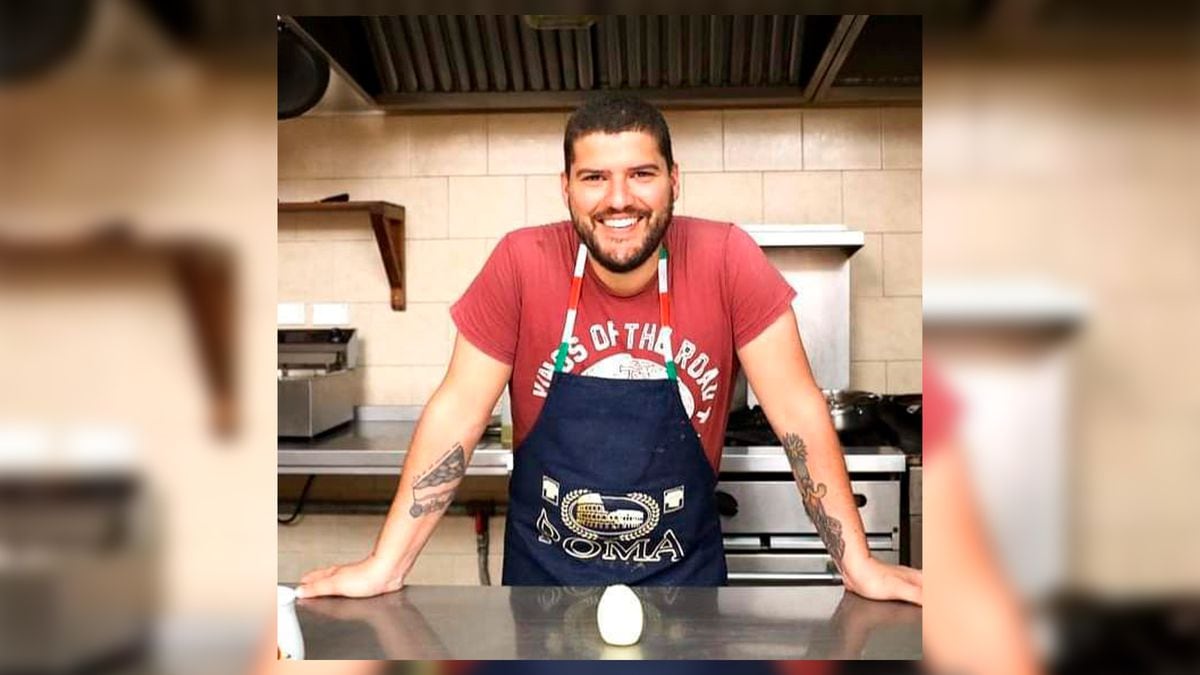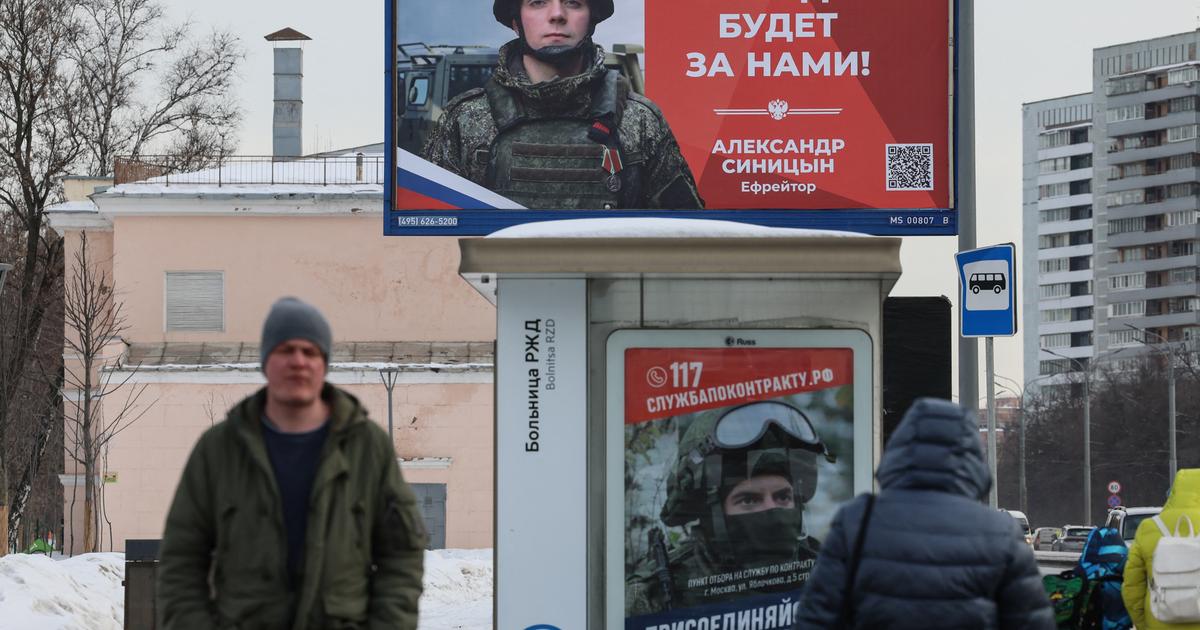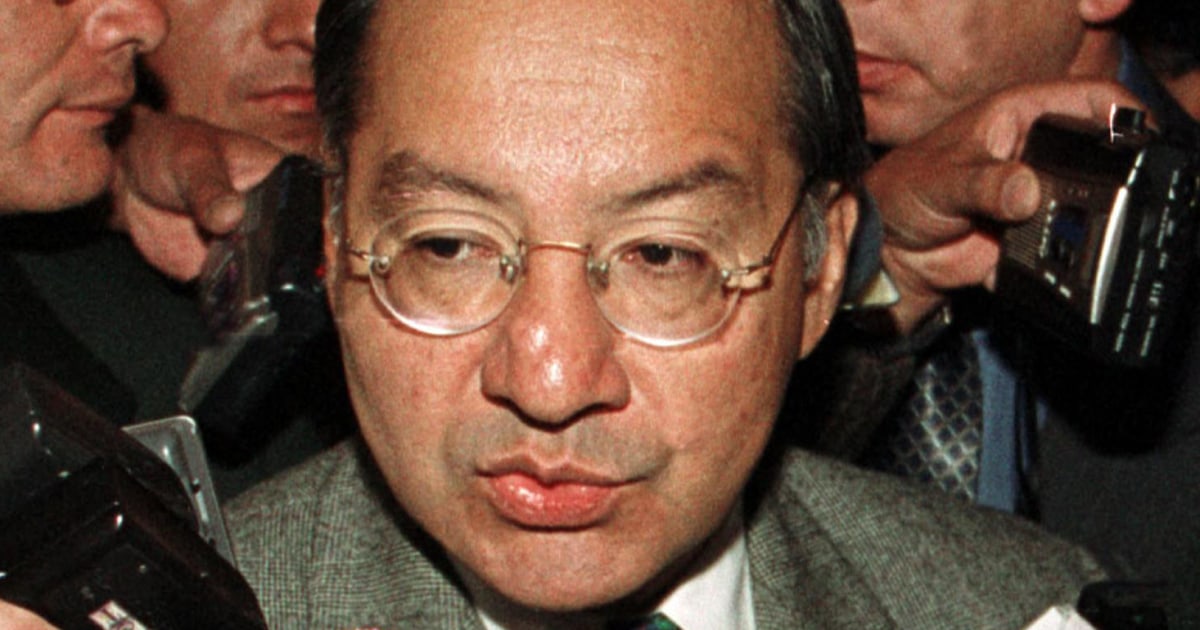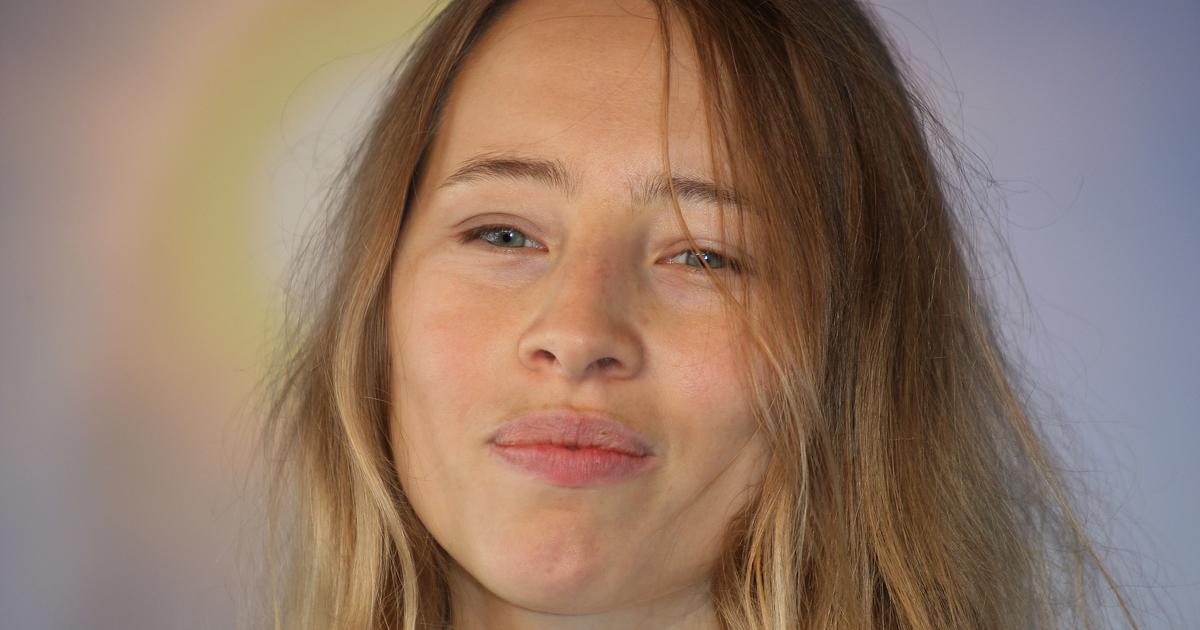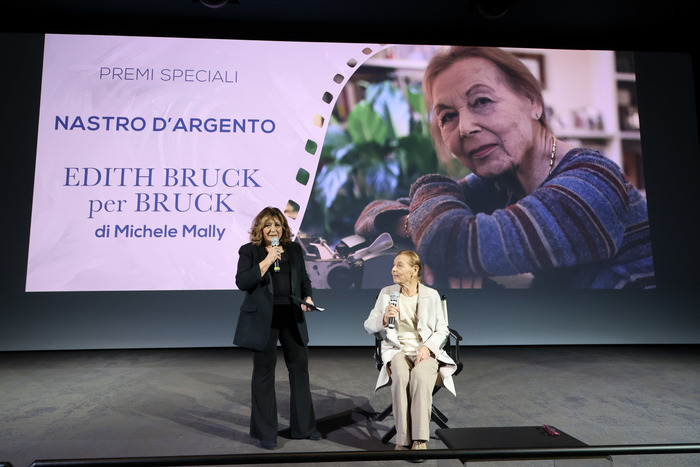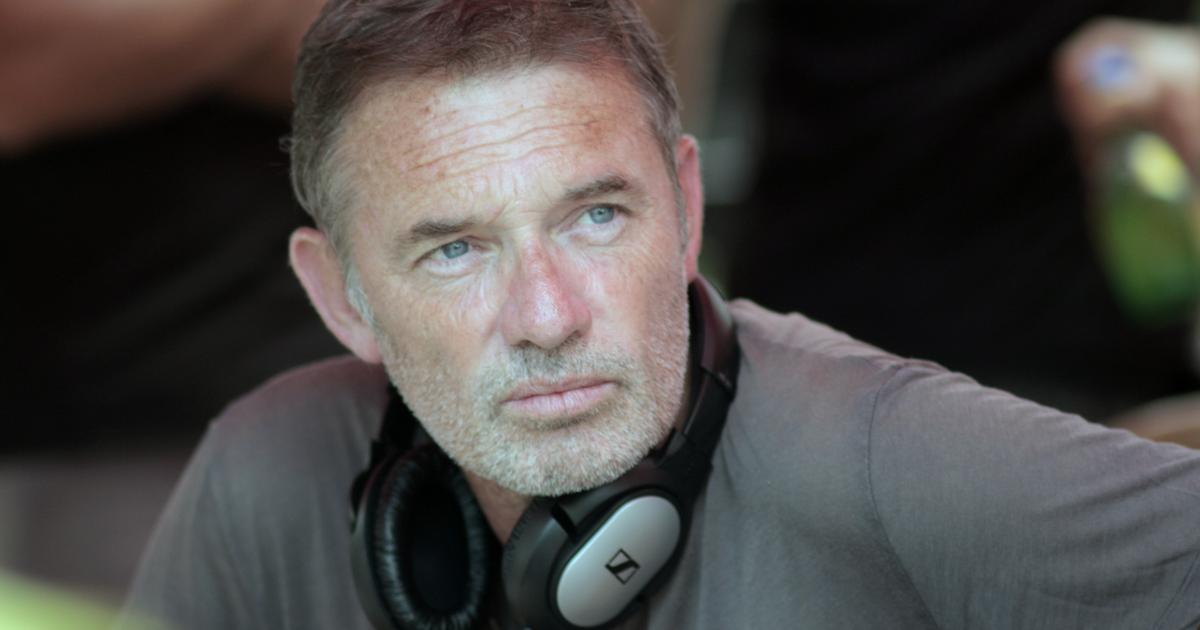Icon: enlarge
Jochen Beckmann fought for his dream job in Cuba: he has been working there as a freelance journalist for 25 years
Photo: Yanelys Soler
»A layover of 24 hours was enough to make me fall in love with Havana.
Back then, in 1987, I was working as a camera assistant for a small production company in Berlin.
We shot in the jungle of Nicaragua for a television documentary, and the return flight was via Cuba.
The architecture, the happy atmosphere and the curious looks of the people in Havana fascinated me so much that just a few hours after arriving I asked the production manager if he could stay longer.
But at the time there was only one weekly flight from Cuba to Berlin - with Interflug, the GDR's national airline.
Rebooking did not work.
And so I reluctantly got on the plane with the firm intention of coming back as soon as possible.
And that’s what I did.
I first spent one winter in Cuba, then another.
It was always harder for me to say goodbye, and at some point I asked myself: Can't I just stay here?
I've lived in Havana for 25 years now, I'm married here and have three children.
I've created a job for myself as a foreign correspondent: As a freelance journalist, I shoot, edit and dub television programs, mainly for German-language broadcasters.
I'm not only reporting from Cuba, but from all of Latin America.
In the first few years I moved from job to job and kept coming up with new ideas for TV reports.
At that time, the island was hardly developed for tourism.
Maybe that's why I was welcomed so warmly.
On my first long stay, I traveled across the country by train without a plan.
I just drifted, took the first train that stopped at the platform and got off at the next stop.
The journey took me in several weeks from Pinar del Rio in the far west to Guantanamo in the east.
My Spanish was pretty rudimentary back then, but wherever I went people wanted to talk to me.
So I learned quickly - and kept coming up with new ideas for film contributions.
Unfortunately, I didn't have particularly good contacts with TV stations at the time, so the material I shot from this trip is stored in my archive without being broadcast.
Anyone wishing to settle here will be scrutinized carefully
But gradually my order book got better.
I closed my apartment in Berlin.
Most of the things I sold or gave away, I put a few boxes with my parents.
There they are still there, and I no longer know what might be inside.
For the first two and a half years, I had to re-accredit myself as a journalist every month.
Cuba is not a country of immigration.
Anyone wishing to settle here will be scrutinized carefully.
As I only found out much later, officials even questioned my neighbors at the time.
The procedure was lengthy, exhausting and also expensive because I had to pay a fee every time, but it was worth it.
Because after that I actually got permanent press accreditation.
When German viewers see American classic cars on television, they immediately know: Now it's about Cuba.
The antique cars are actually still part of the street scene here.
Glossy oldtimers are mainly used for tourists, but others are also used as shared taxis with a fixed route.
When all the places are occupied, we start.
I made films, she rolled cigars
Just as popular as vintage cars are cigars as a motif on German television.
That's how I met my wife.
She rolled tobacco leaves in a cigar factory.
A work colleague gave me her address, and on the pretext of wanting to give her photos that I had taken of her while filming, I drove to her home.
The whole family welcomed me warmly, but as I found out later, her mother had taken down my license plate as a precaution.
My first car here was an old Lada from Russia that I bought from a colleague.
Just on the way from one spin to the next, when I was really in a hurry, the axle of the front wheel buckled in the middle of the road.
There is no breakdown service here, but I didn't have to wait long for help.
Another driver stopped immediately.
He also knew immediately what the problem was, organized a spare part through friends and the journey could continue.
This willingness to help fascinates me again and again.
Many are even offended if you want to give them money to thank them.
The fact that foreign tourists are often approached and asked for help, for example for milk powder, clothing or money, is a relatively new phenomenon.
Social equilibrium prevailed here until the end of the 1980s.
Everyone had a lot of free time and there was hardly anything money could buy.
The Cubans were even forbidden to own dollars, and there was only one foreign exchange business at that time, set up for foreign diplomats.
That is different now, most people have to work a lot more for a living.
In particular, electrical appliances such as refrigerators or air conditioning systems are very expensive in relation to the average salary.
But what has stayed the same: You quickly get into conversation.
When I was walking through the streets of Centro Havana, taking photos and admiring a Harley-Davidson motorcycle on the side of the road, a neighbor immediately asked me if I would like to get to know the owner and whistled him over.
He let me do a test lap, he didn't really want to sell the motorcycle.
But then I was able to persuade him.
Today he's one of my best friends.
From him I learned that Harley riders meet every Saturday evening on the Malecón, Havana's famous embankment.
I just went there, and they actually stood a bit hidden in the dark under a tree and drank rum. It wasn't officially forbidden, but meeting as a group with motorcycles from the land of the class enemy felt strange.
On the motorcycle with Che Guevara's son
The Harley riders from Havana also did well in the film, of course.
With seven men and their motorcycles, built between 1945 and 1959, we made a trip with many breakdowns in the area around Havana.
One let me ride as a pillion passenger, back to back so that I could turn better.
Afterwards I found out that it was Che Guevara's youngest son.
I'm also friends with him now.
He never really got to know his father.
Ernesto was one and a half years old when Che Guevara left Cuba to fight for socialism in Bolivia.
Ernesto now offers motorcycle tours for tourists.
But since the outbreak of the corona pandemic, there have hardly been any foreign guests here.
It has become very quiet for me too: Corona is occupying the whole world, and Cuba has lost its unique selling point.
In the first half of 2020 we were almost exclusively at home.
In September we took a break and went on vacation to Varadero.
That was a very bizarre experience.
Usually there are always thousands of tourists from Europe, Canada or South America.
Now the beach is deserted and the huge hotels are deserted.
The corona crisis hits everyone hard here.
Many people run out of money.
And there are long queues in front of the shops for essentials.
Buying clothes and shoes has always been difficult here.
There is little choice, the shops known in Germany do not exist here.
Back from Germany with 300 kilos of luggage
We usually fly to Germany for two months once a year.
In July and August it is so hot in Cuba that schools, offices and ministries close and the whole country goes on summer vacation.
Then we shop for the whole family for the whole year.
On the outward flight we only have hand luggage, on the return flight we have up to ten suitcases.
300 kilograms of luggage can easily be collected.
Getting things through customs is not that easy.
But even with excess baggage surcharge and customs fees, the purchase pays off.
The blockade of Cuba by the USA also means that we have no access to sites like Apple, Netflix or Amazon here in the country.
At Amazon I can't even order things to Germany, but only get the message that this is not possible from my location.
The currency reform meant the end of our beer garden
Until January 1, 2021, there were two local currencies in Cuba: the peso (CUP) for the basic needs of the locals and the peso Cubano Convertible (CUC) for tourists and Cubans who wanted to buy imported goods.
This CUC has now been abolished.
However, this has not improved the situation, because more and more state businesses are now using the US dollar as a means of payment - and we cannot get at that here.
My wife has therefore returned the license for her beer garden.
Business was actually good, the Cubans loved their sausages and potato salad, but now she would have to shop in US dollars and would only be able to calculate the peso.
Since she cannot exchange them back for dollars, the business no longer works.
We would like our children to study abroad so that they are globally positioned.
All three speak Spanish, German and English, and have Cuban and German citizenship.
My oldest son is now doing an apprenticeship as a hotel manager in Germany.
I advised him to choose a job that would give him the opportunity to return to his home country and get a good job here in Cuba.
I can no longer imagine returning to Germany myself.
My home is here now. "
Icon: The mirror


/cloudfront-eu-central-1.images.arcpublishing.com/prisa/NS3ZU25XBNH4BJLTJPBCRCLEXE.jpg)
